True Haunting Review
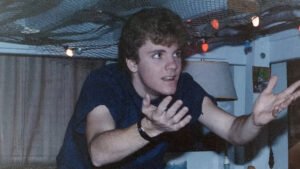
Director: Neil Rawles and Luke Watson
Date Created: 2025-10-07 16:57
3
True Haunting Review: Directed by Neil Rawles and Luke Watson, this new docu-series explores genuine ghost stories with silver-screen flair. The five-part series divides its attention between two investigations—Eerie Hall and This House Murdered Me. It uses real eyewitnesses and dramatised re-enacting, which tries to bring some of the strangest paranormal events ever committed to life. With an idea of James Wan, who’s also behind The Conjuring and Insidious, this Netflix docu-series attempts to merge documentary storytelling and horror-movie-like visuals. Does it really frighten, though, or attempt to seem cool doing it?
True Haunting Review
Netflix’s True Haunting is less of a documentary and more of a supernatural drama series. The way it’s filmed, lit, sound-designed, and even the creepy camera movements make it more like a film. Neil Rawles, who directed episodes one to three covering Eerie Hall, creates tension gently, whereas Luke Watson, who directs the final two, creates a similar atmosphere but adds a darker twist to it.
In Eerie Hall’s storyline, it revolves around college student Chris Di Cesare of 1980s New York City, who felt tormented by a soldier’s ghost, Thomas Boyd. The episodes combine vintage photos, interviews, and dramatisations to reveal how Chris’s life went downhill as the hauntings grew severe. The last two episodes switch to a new storyline, This House Murdered Me, involving April Miller and Matt Wilson, who purchased a home in one of the greatest districts of Salt Lake City, hoping to initiate a new life, but eventually, the home began haunting them, and their life became a mess. Both halves discuss fear, faith, and the boundary between faith and madness.
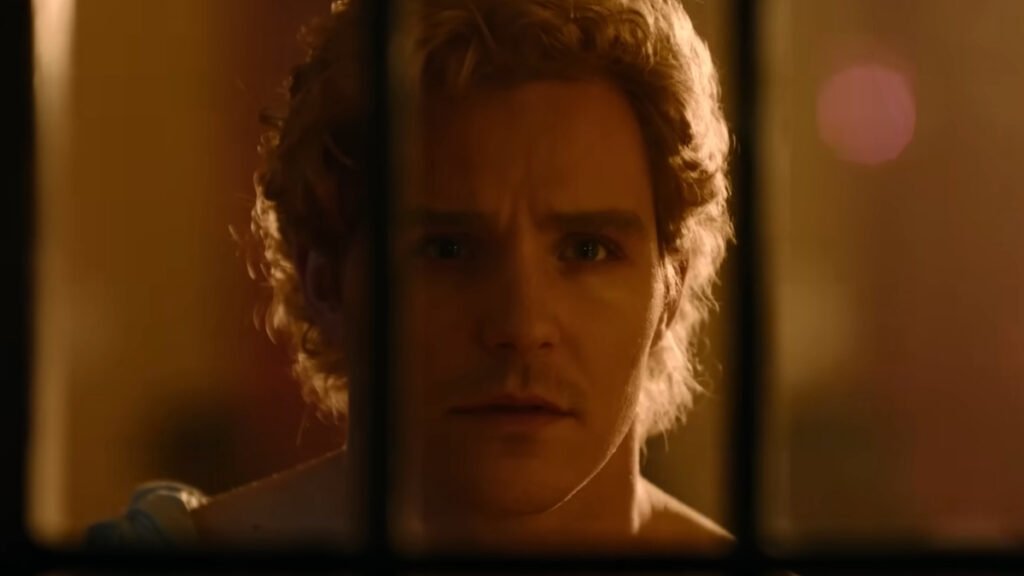
Something that I did like about the True Haunting documentary, however, is its visuals. It’s nicely produced, arguably prettier for a documentary series about hauntings than it actually should be. The re-enactments are of a nicely produced, smooth variety, which are few and far between for this type of programming. With other shows of this type, these are cheesy and unevocative, but here they’re seriously attempted. It’s also easy to see James Wan’s influence on gradual tension-building instead of relying on having a jump scare every five minutes.
Nonetheless, whereas stylish visuals are offered, the docuseries True Haunting does not really frighten you, per se. Its atmosphere and narrative, a case of perceived scared rather than scared. It’s a “campfire tale” kind of thing, a sleepover night kind of thing to watch at lights dim but still sleep soundly afterwards. That may suffice for some, yet for fright enthusiasts looking for something actually scary, it’s perhaps too lukewarm.
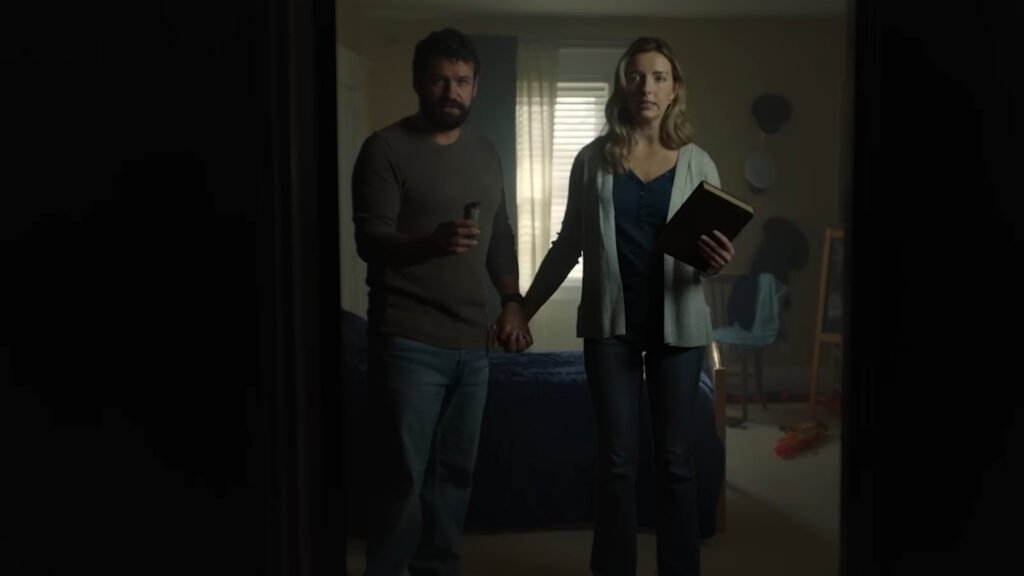
My favourite aspect of the True Haunting series is how it went to great lengths to give respect to its participants. It’s true interviews, and it’s clear the developers wanted to leave room for genuine emotion—terror, confusion, and trauma. The Eerie Hall anecdote, for instance, broaches loneliness and how young adults handle stress and mental health, even if the series never quite does enough on those ideals.
That’s where it fails. Netflix docuseries True Haunting, rather than trying to delve into whether there’s actual truth to what happened during hauntings, never asks tough questions. Was Chris possessed by a ghost, for example, or did Chris have some type of psychological affliction? The series touches on it early, but abandons it for a more traditional ghost storyline. That agitated me, as it potentially made the storyline less deep.
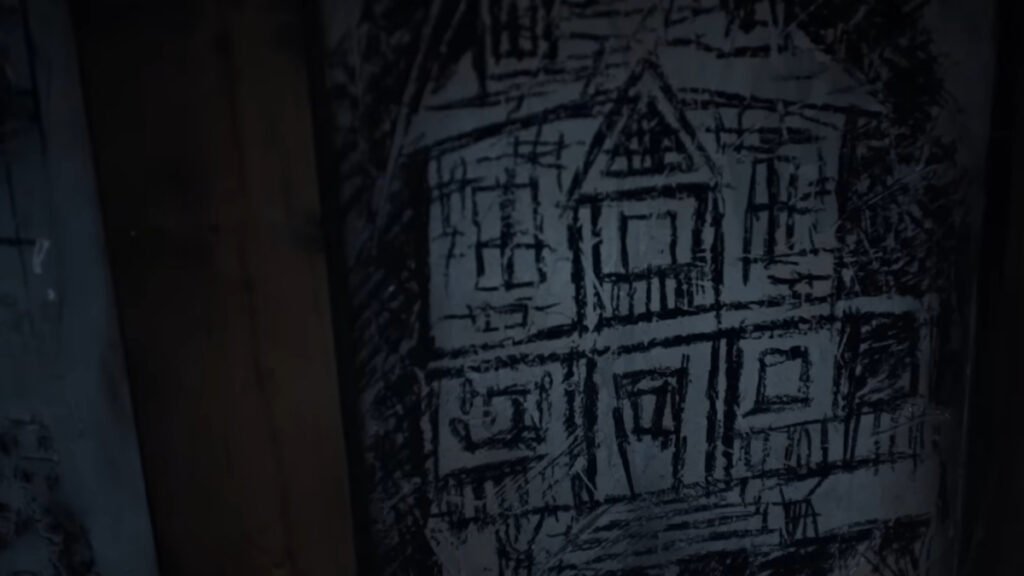
The second section, This House Murdered Me, also runs out of fuel. The pace slows, and even though the cinematography is still stunning, the emotional effect falters as it feels like I have heard this story millions of times. It’s as if the directors were less interested in their human stories of how they ended up there, and more interested in the gruesome details of how they did it.
As a doubtful mind regarding things otherworldly, it still interested me for its production value. It’s less a genuine exploration of actual hauntings and more a fine work of horror-themed fiction disguised as one. It’s in the dramatisations, not interviews and evidence, where it’s at.
That’s a divisive strategy for viewers. Those who entertain a faith in ghosts are likely to annoy themselves by how contrived it is, yet it’s impossible to believe. Sceptics like me might enjoy your efforts but assume there’s nothing of value to underlie them. Either way, Netflix’s True Haunting is about style, not substance—and maybe for that reason it’s both endearing and empty.
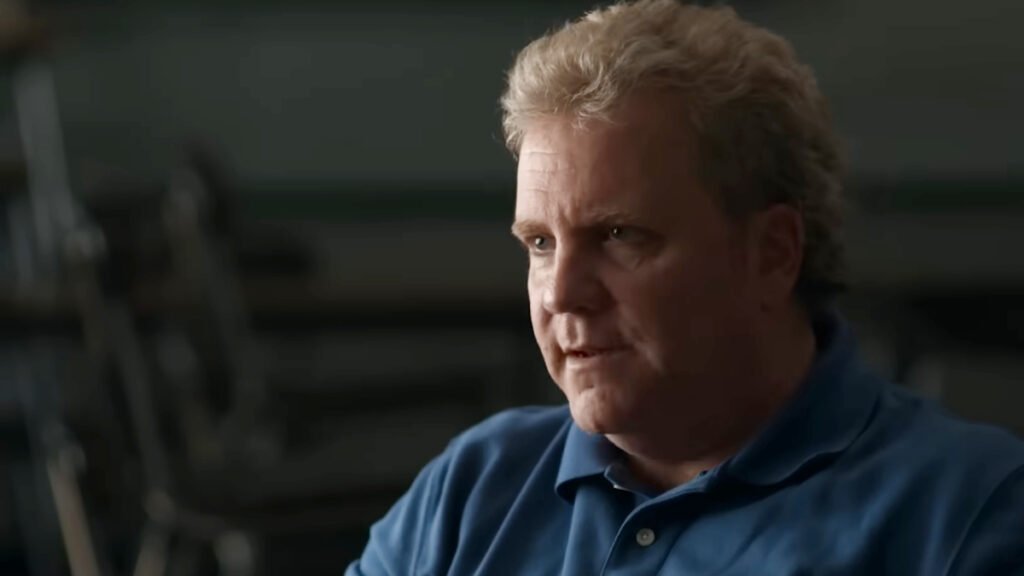
Also possible here was an analysis of their historical and moral origins. The haunting of Eerie Hall is a Revolutionary War soldier’s ghost, but once again, it never stops to consider its own period of origin’s violence, its colonies, and it simply attends to it as a victim and never once considers who he is and what he represented. That failure to probe deeper did not gratify me, and it really could have been used to begin a discussion about guilt, about a sense of one’s own heritage, and how we bring our heritage into our own lives.
In addition, there should have been a more sceptical or scientifically grounded examination of the series, particularly when it dealt with Chris’s trauma and the potential psychological origin of his encounter. However, instead, conclusion episodes like to dwell more on the paranormal, which creates a huge amount of unanswered questions.
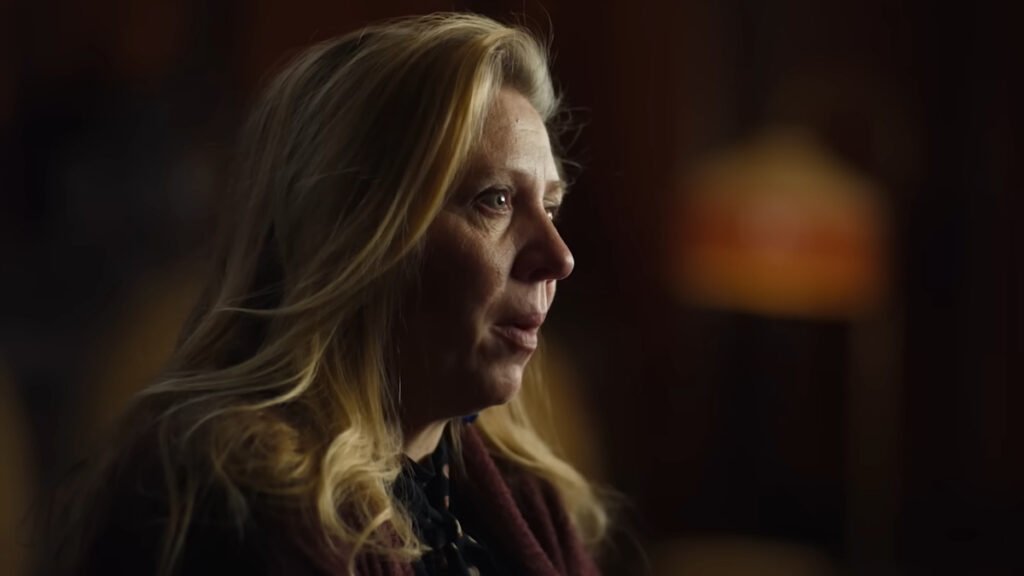
Netflix True Haunting Review: Summing Up
James Wan’s True Haunting is a lovingly assembled docu-drama. It’s a show to binge, though an easy one to be melancholy about. It pleased me with its cinematographic touches, smooth edits, and mini-movie format per episode. That being said, however, I also wanted it to be a little bit more realistic, a little bit more investigative, and a whole lot more sentimental.
As a docuseries for Netflix, it appears fine, sounds ominous, and does a good job of evoking a midnight ghost tale atmosphere. As a factual event, it fails short of having anything new or profound to say regarding why we think we are haunted to begin with.
Also Read: Nightmares of Nature Review: Unique Blend of Fear, Facts, and the Fragile World of Nature
